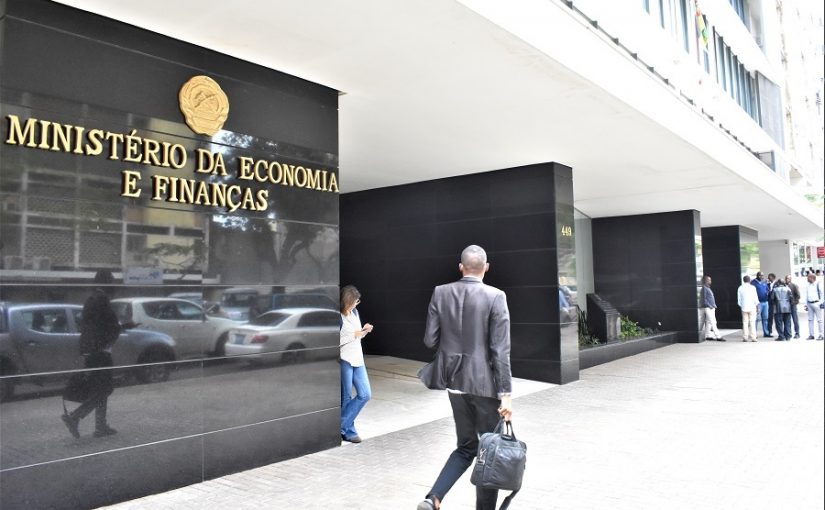Mozambique: Post-election tension and climatic shocks contributed to GDP slowdown in 2024
Mozambique: Government commits to cutting 5,000 ghost workers

Image: Notícias
The Mozambican government has promised the International Monetary Fund (IMF) to eliminate 5,000 public service “ghost workers” in the coming months, in a bid to contain payroll expenses.
“Wage bill spending is projected at 14.8 percent of GDP in 2024, 0.8 ppt of GDP higher than the Third Review [last December],” the final report of the fourth evaluation of the Extended Credit Facility program (ECF) to Mozambique, completed this month, points out.
The IMF document consulted by Lusa today mentions that the Ministry of Economy and Finance has a plan underway to contain the wage bill, notably freezing base salaries in 2024-25 and other “corrective measures,” which, include, among others, to “eliminate ghost workers (5,000 employees)” and “remove from the payroll all employees who are receiving both wage and pension payments concurrently;” in addition to a reduction of the seniority supplement by 50 percent across public sector employees (excluding magistrates and doctors)”.
Following the conclusion of the evaluation this month, the IMF will immediately disburse an additional US$60 million (€55.5 million) in support to Mozambique, the institution announced on July 9.
In a statement, the IMF said that the executive board concluded the regular consultation process with Mozambique for 2024 and the fourth evaluation of the 36-month ECF agreement, which “allows for an immediate disbursement” equivalent to US$60.03 million “usable for budget support”, bringing total disbursements to Mozambique under this program to US$330.14 million (€304.9 million).
The IMF had already warned on May 29 that the increase in Mozambique’s payroll could compromise fiscal sustainability, with the risk of the country exceeding the budget law by around €175 million this year.
“The Ministry of Economy and Finance predicts that, under current policies, expenditure on the wage bill could exceed the 2024 budget law by around 12 billion meticais (€175 million). This occurs after significant excesses of spending on public salaries in 2022 and 2023. […] The rationalisation of spending on the wage bill is, therefore, fundamental to preserving fiscal sustainability,” states a letter issued by the IMF team working in Mozambique.
“Government commitments to actions to fully finance 2024 expenditure needs are vital and urgent. Important commitments on the revenue side have already been presented by the Ministry [of Economy and Finance], including efforts to improve compliance with tax obligations. However , other actions on the expenditure side are still necessary to ensure that the program is fully financed,” the letter continues, requesting concrete measures.
The IMF had already warned, on May 16, that Mozambique needed to deepen budgetary consolidation, rationalising spending on the wage bill and giving priority to social spending, to guarantee budgetary and debt sustainability.
“Further fiscal consolidation is needed in 2024 to ensure fiscal and debt sustainability and preserve macroeconomic stability,” IMF team leader Pablo Lopez Murphy said at the end of a two-week visit to Mozambique.
Murphy explained that “the challenges in implementing the new single salary scale resulted in a slippage in expenditure on the public servants’ wage bill, which made important priority expenditures impossible, including social transfers and infrastructure”.
“Rationalising spending on the wage bill must be the basis of budgetary consolidation; social spending must be a priority and debt management must be strengthened to avoid delays in payments,” he added.













Leave a Reply
Be the First to Comment!
You must be logged in to post a comment.
You must be logged in to post a comment.